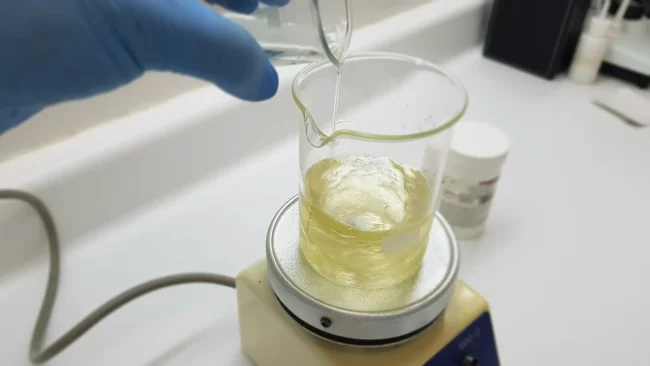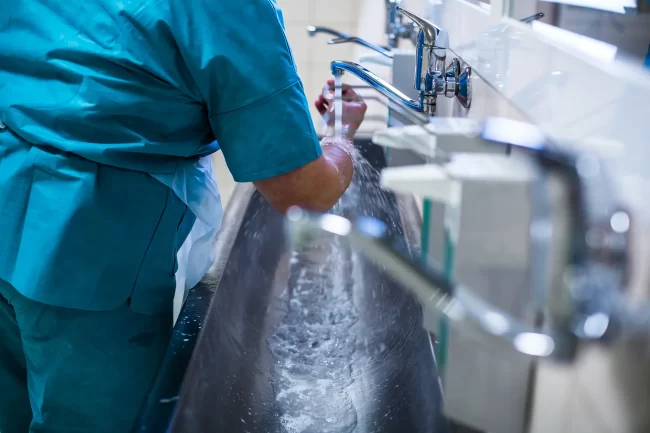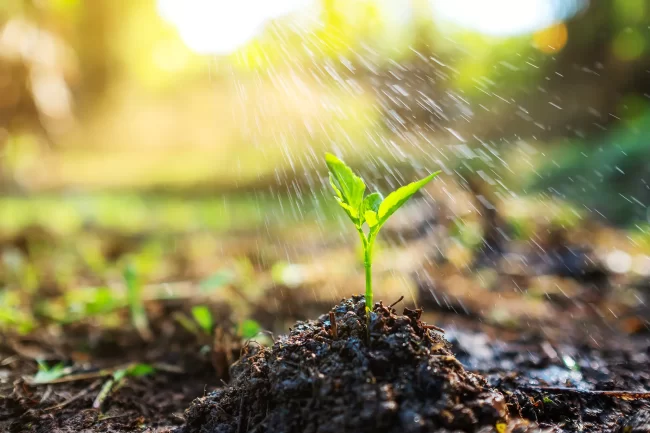Chlorine Dioxide for Emergency Water Treatment: Responding to Disasters
Access to safe drinking water is a critical priority in emergency situations, whether caused by natural disasters, infrastructure failures, or humanitarian crises. Contaminated water sources can lead to the rapid spread of waterborne diseases, further endangering already vulnerable populations. Chlorine Dioxide (ClO₂) has emerged as an essential solution for emergency water treatment, providing rapid, effective…









